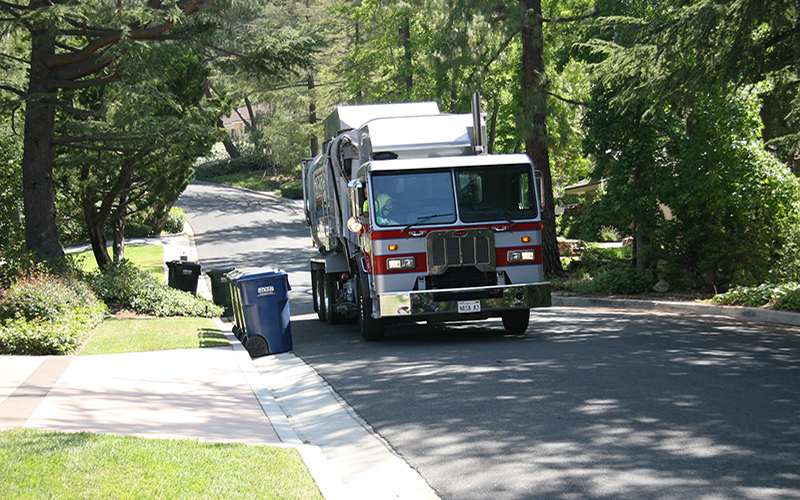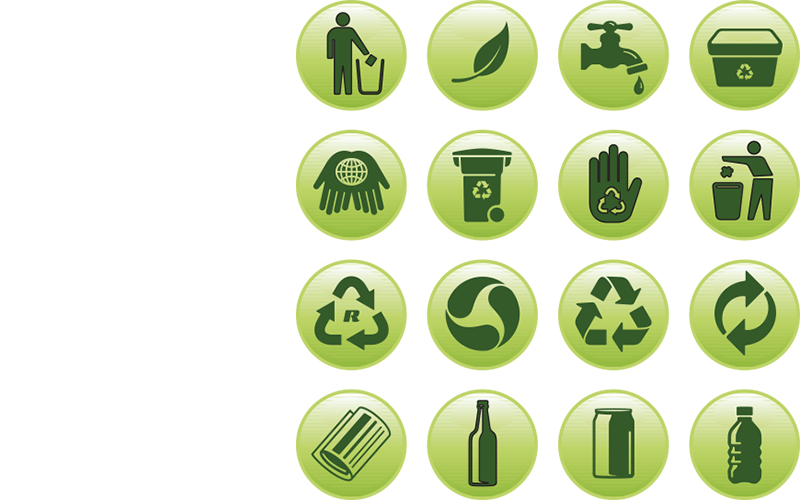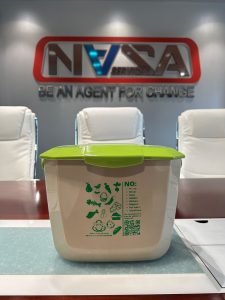Thank you to all La Cañada Flintridge residential customers who stopped by at our NASA booth today to pick up their free organics recycling pails. The NASA Organics Recycling Pail is a convenient tool to collect food scraps and food-soiled paper products from your kitchen. Line the pail with a clear bag, fill it up, then tie a knot and place it into your organics cart with yard trimmings.
In a world where environmental consciousness is becoming increasingly crucial, small efforts at the grassroots level can lead to profound change. One such initiative that’s gaining traction is the distribution of free kitchen pails for organics recycling. These unassuming containers play a significant role in reducing food waste and supporting sustainable practices in households. In this blog, we’ll delve into the benefits and impact of providing free kitchen pails for organics recycling.
The Importance of Organics Recycling
Organics recycling involves collecting and composting food scraps and other organic materials, diverting them from landfills. The impact of this practice is multi-fold. Firstly, it significantly reduces the amount of organic waste in landfills, which produces harmful methane gas. Secondly, it creates nutrient-rich compost that can be used to enrich soil, reduce the need for chemical fertilizers, and improve overall soil health. Lastly, it promotes a circular and sustainable approach to waste management.
Free Kitchen Pails: A Catalyst for Change
One of the key barriers to organics recycling in households is convenience. People often find it inconvenient to collect food scraps separately from regular trash. This is where free kitchen pails come into play. These small, portable containers make it easy for individuals and families to collect kitchen scraps conveniently. When such pails are distributed for free, it removes the financial barrier and encourages more people to participate in organics recycling.
Reducing Food Waste
Food waste is a significant issue worldwide, with staggering amounts of perfectly good food ending up in landfills. Free kitchen pails act as a reminder to be mindful of food waste. When people are equipped with these pails, they are more likely to think twice before discarding edible scraps. This, in turn, helps reduce food waste and saves money for households.
Creating a Culture of Sustainability
The act of distributing free kitchen pails for organics recycling goes beyond just providing a tool. It fosters a culture of sustainability within communities. When individuals start separating organic waste from other trash, they become more aware of the environmental impact of their actions. It encourages conversations and awareness about reducing waste and making eco-conscious choices.
Community Engagement
The distribution of free kitchen pails also presents an excellent opportunity for community engagement. Local governments, environmental organizations, and businesses can come together to organize events and outreach programs where residents receive these pails. These events promote the importance of organics recycling, educate people on how to use the pails effectively, and build a sense of community around sustainability.
An Investment in the Future
In essence, giving away free kitchen pails for organics recycling is an investment in a greener, more sustainable future. It’s a practical and tangible step toward reducing waste, mitigating the harmful effects of landfill methane, and nourishing our soil. It’s also a way to empower individuals and families to take responsibility for their environmental footprint.
In the grand scheme of combating climate change and fostering sustainability, every effort, no matter how small, counts. Distributing free kitchen pails for organics recycling is a simple yet effective initiative that can lead to a more significant impact. By making it easier for individuals to participate in organics recycling, we can collectively work toward a cleaner, greener, and more sustainable future. So, if you’re looking to make a positive change in your community, consider starting with something as humble as a free kitchen pail – it’s a powerful catalyst for change.








